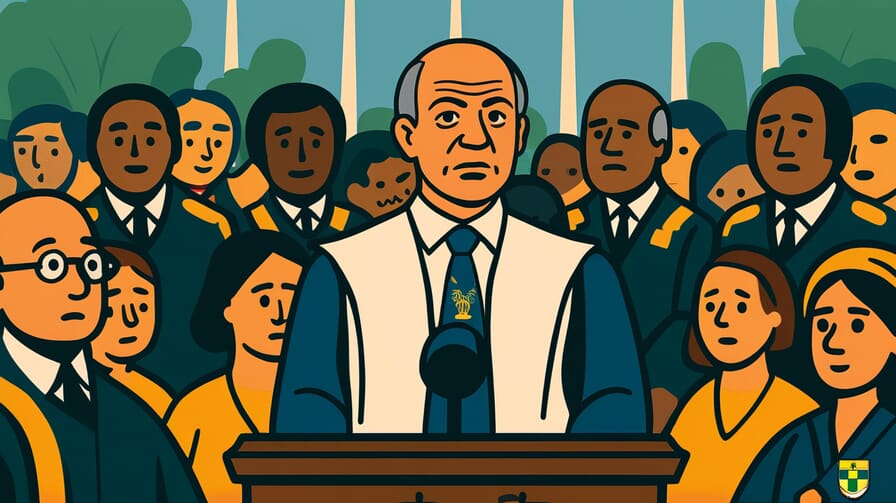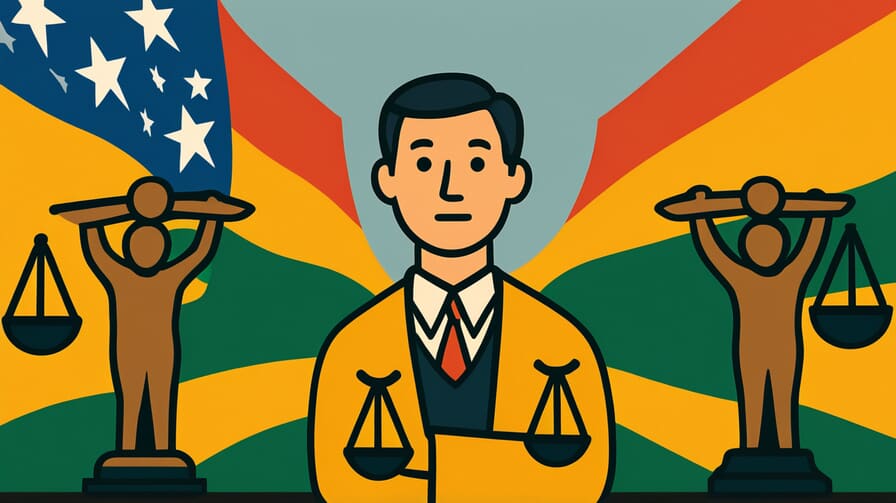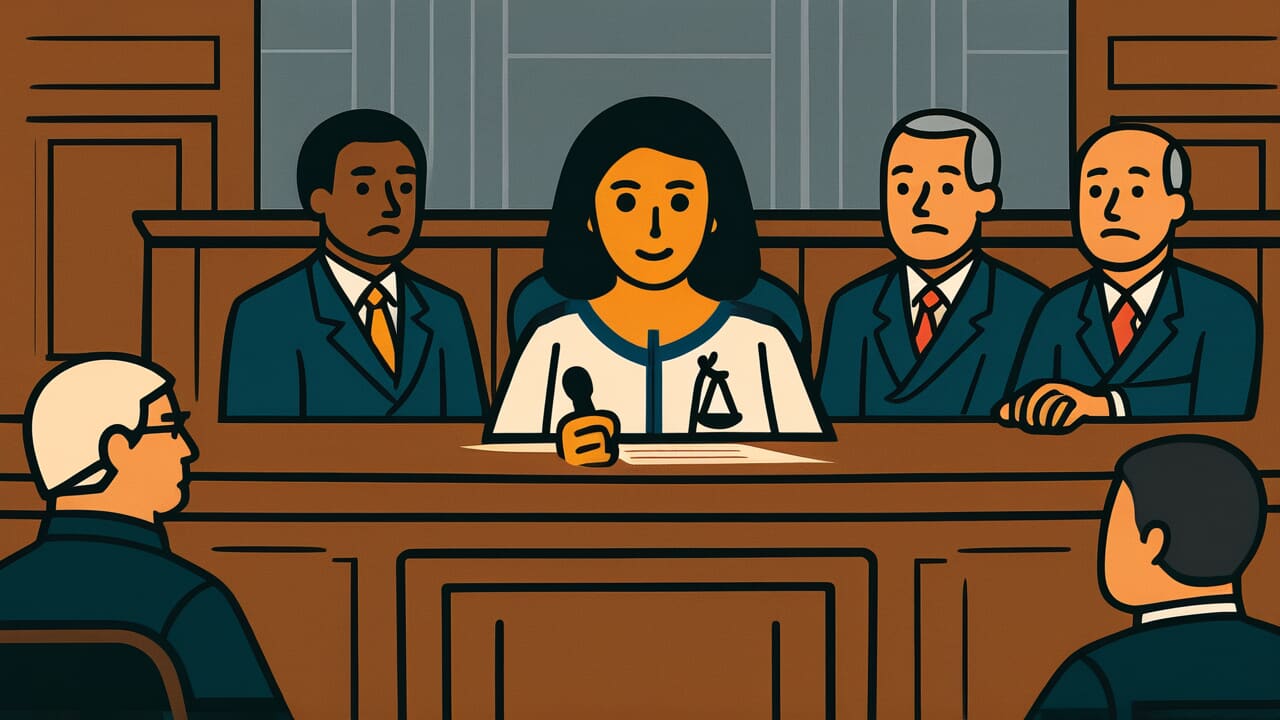[Disclaimer] This article is reconstructed based on information from external sources. Please verify the original source before referring to this content.
News Summary
The following content was published online. A translated summary is presented below. See the source for details.
The United States has announced sanctions against Brazilian Supreme Court Justice Alexandre de Moraes for serious human rights abuses. On July 30, 2025, U.S. Secretary of State Marco Rubio stated that Moraes is being sanctioned for arbitrary detention, denying fair trial guarantees, and violating freedom of expression. Moraes allegedly abused his authority by issuing secret orders to ban social media accounts of political critics, including on U.S. platforms. He is also accused of authorizing unjust pre-trial detentions. The sanctions are being imposed under Executive Order 13818, which implements the Global Magnitsky Human Rights Accountability Act. The U.S. government emphasized its commitment to protecting free speech and using diplomatic, political, and legal means to counter foreign actors who attempt to undermine it.
Source: state.gov-Western Hemisphere
Our Commentary
Background and Context

This development marks a significant moment in U.S.-Brazil relations and highlights ongoing concerns about judicial overreach and political interference in Brazil’s legal system. Alexandre de Moraes has been a controversial figure in Brazilian politics, known for his rulings against supporters of former President Jair Bolsonaro and his efforts to combat alleged disinformation.
Expert Analysis
The sanctions against a sitting Supreme Court justice of a major U.S. ally are highly unusual and reflect serious concerns about the state of democracy and human rights in Brazil.
Key points:
- This action may strain diplomatic relations between the U.S. and Brazil
- It raises questions about the independence of Brazil’s judiciary
- The sanctions could embolden critics of Moraes within Brazil
Additional Data and Fact Reinforcement
To better understand the context of these sanctions:
- Brazil is the largest democracy in Latin America, with a population of over 210 million
- The Global Magnitsky Act has been used to sanction individuals in over 30 countries since 2017
- Brazil ranks 41st out of 180 countries in the 2021 World Press Freedom Index
Related News
This development comes amid broader concerns about democratic backsliding in various parts of the world. It also follows recent debates in Brazil about the power of the Supreme Court and its role in combating disinformation and extremism.
Summary

The U.S. sanctions against Justice Moraes represent a significant escalation in efforts to address perceived human rights violations in Brazil’s judicial system. This action is likely to have far-reaching implications for U.S.-Brazil relations and Brazil’s domestic politics.
Public Reaction
Initial reactions in Brazil have been mixed, with supporters of Moraes condemning the U.S. action as interference in Brazil’s internal affairs, while his critics have welcomed the sanctions as a necessary check on judicial overreach.
Frequently Asked Questions
Q: What are the practical effects of these sanctions?
A: The sanctions typically include asset freezes and travel bans to the United States for the designated individual.
Q: Can Brazil’s government reverse these sanctions?
A: While Brazil cannot directly reverse U.S. sanctions, diplomatic negotiations could potentially lead to their removal if concerns are addressed.


